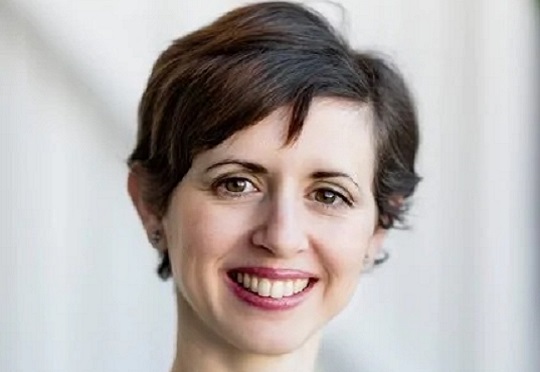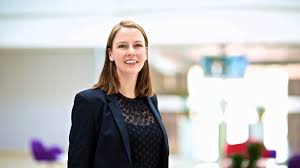What Does Equal Access to Education Mean in the Digital Age?
By Zohra Yermeche
The COVID-19 crisis, and the impact it has had on learning across the world, has highlighted many of the digital disparities which exist in today’s world. At a time when many of the world’s students shifted from physical to digital, we were also faced with the hard truth that today there are still 3.6 billion people in the world who are unconnected.

For students in the connected half of the world, the story is much different. While 1.2 billion children were affected by school closures across much of the world, a recent Consumer COVID-19 report found that students were able to substitute physical learning by spending 230 percent more time on digital learning tools such as Google Class, Epic! and Seesaw Class. This of course is a significant rise.
Read also:COVAX Signs Agreement, Plans First Covid-19 Vaccines Deliveries by March.
The State of Broadband 2020 report estimates that there are twice as many people today who use the Internet compared to 2010. This rise in digital literacy, together with the imminent period of rapid digitalization of the economy, means that ensuring fair and equal access to both education and future job markets will rest on the extent of digital inclusion within our societies.
What is digital inclusion and why is it so important today?
Today, technology plays a much bigger role in the quality and scope of how we learn, such as new digital learning platforms, which are estimated to reach USD 350 billion by 2025; what we learn, with a growing emphasis on programming, robotics, AI and automation; and how we can use it in the job market, with digital skills-set increasingly becoming a prerequisite of tomorrow’s workforce.
The changes which are happening today show the disparity between the developed and undeveloped world. If you are not connected, that shows you the leap that you must make between the connectivity aspect, access to education and benefits which are derived from that.
Closing this digital divide, with those who are not connected or not considered to be digitally literate, is imperative to ensuring a fair distribution of digital opportunities across countries, locations, gender, socioeconomic status, and age.
Access to education in the digital age
Giving people access to the right type of content is one aspect; another equally critical aspect is the human element. On top of the digital layer, students will still always need the engagement, inspiration and activation that come from teachers and trainers who know about the topic.
Read also:Six African Startups to Benefit From Catalyst Fund’s Inclusive Fintech Cohort
Even in the digital age, technology will never be able to replace this interaction, but rather can serve as an increasingly innovative medium for those critical learner-instructor interactions, such as through the Internet of Skills.
Digital inclusion through public-private partnerships
Today, there is a significant need for digital skills courses. Key technology areas such as AI, robotics and app development are advancing at such a rapid pace, which can make it difficult to ensure an effective transfer of competence to emerging workforces.
Such is the pace of change for topics such as these, public academic institutions will invariably struggle to take learning beyond a basic theoretical level. Public-private partnerships will therefore be key to addressing this, by developing advanced curriculums and delivering the necessary quality and scale of access.
Zohra Yermeche, Program Director for Connect to Learn at Ericsson
Kelechi Deca

Kelechi Deca has over two decades of media experience, he has traveled to over 77 countries reporting on multilateral development institutions, international business, trade, travels, culture, and diplomacy. He is also a petrol head with in-depth knowledge of automobiles and the auto industry



